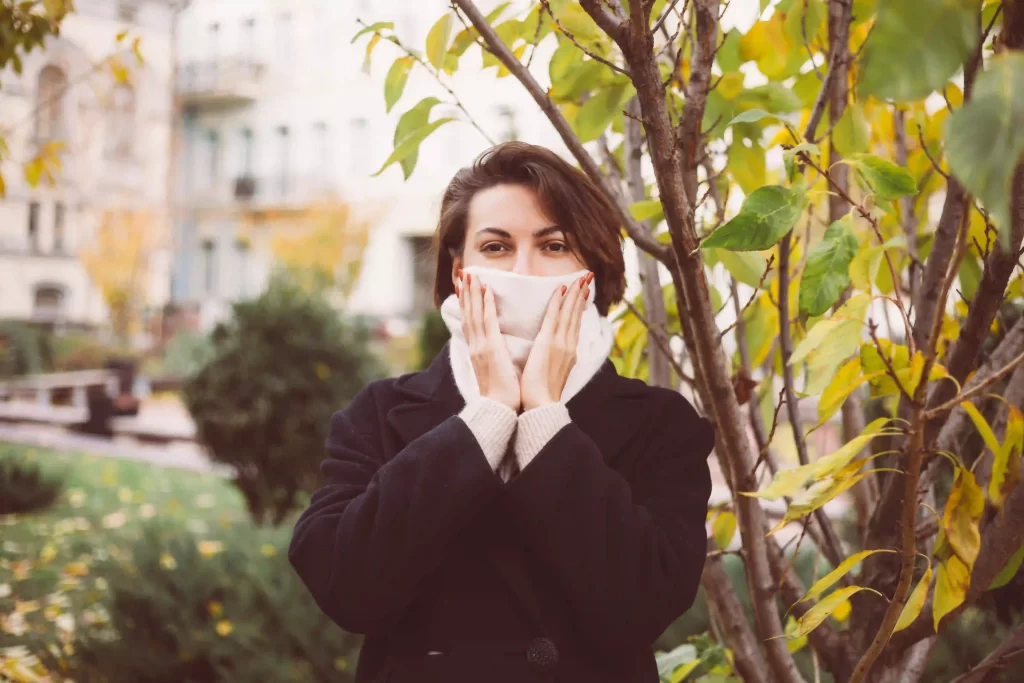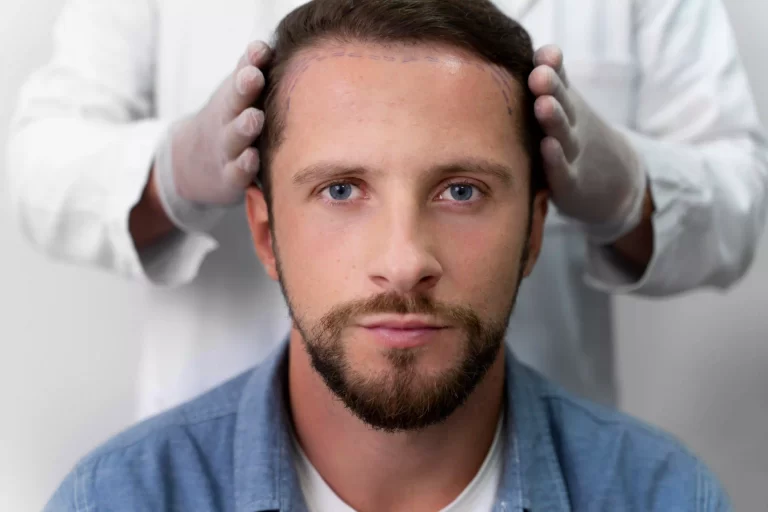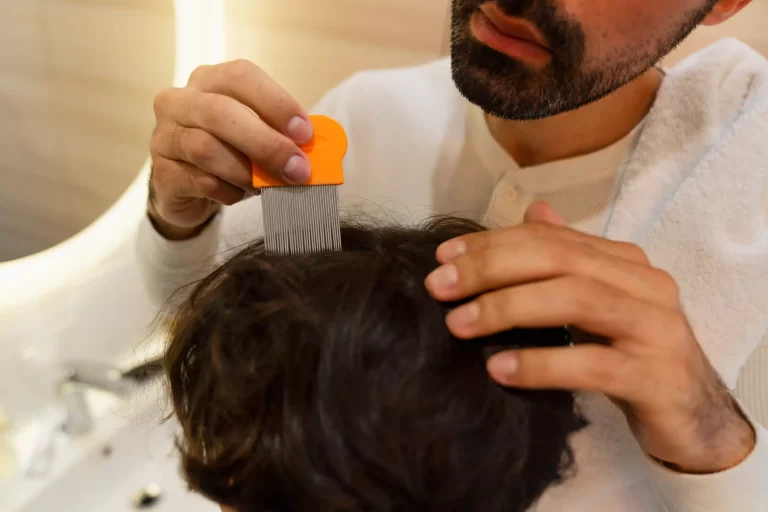Pollution and hair loss are more connected than many people realize. The air we breathe and the water we use often carry harmful substances that weaken our hair. This damage can lead to hair thinning and breakage.

A article on timesofindia.indiatimes.com explains how pollution in Indian cities affects our overall hair health. It highlights the dangers of exposure to toxins and chemicals, which can make maintaining healthy hair a real challenge.
Table of Contents
How Pollution Affects Hair Health
Pollution can harm your hair in many ways. Air pollution deposits dust and toxins on your scalp, clogging pores and causing hair fall. Contaminated water weakens hair roots, leading to dryness, breakage, and slower growth.
Air Pollution and Hair Loss
Air pollution releases tiny particles, toxins, and harmful gases into the air we breathe. These pollutants settle on the scalp and hair, weakening the hair strands. Free radicals from pollution damage hair follicles, causing hair to become brittle.
When hair follicles are damaged over time, it can lead to thinning or even hair loss. Pollutants block the scalp’s pores, reducing the flow of nutrients to the hair roots. This slows hair growth and weakens the strands.
Water Pollution and Hair Loss
Contaminated water often contains harmful substances like heavy metals, chlorine, and pesticides. These chemicals can strip your hair of natural oils, making it dry and brittle. Over time, they weaken hair strands, causing breakage and dullness.
Hard water, rich in minerals like calcium and magnesium, can create a buildup on your scalp. This buildup clogs hair follicles, leading to itchiness and hair thinning. It also makes hair feel rough and hard to manage.
Pollution and Hair Loss: The Hidden Link
Chronic exposure to pollution and hair loss is closely linked, as harmful particles weaken hair by coating it and blocking hair follicles. This reduces their ability to grow strong strands, often leading to noticeable hair loss.
Pollution also harms the scalp, causing issues like dandruff, dryness, and irritation. Chemicals in polluted air and water strip natural oils, making hair brittle and inflaming the scalp, which accelerates thinning.
Ways to Protect Your Hair from Pollution
Pollution can damage your hair and scalp by exposing them to harmful chemicals, dust, and toxins. This can lead to dryness, breakage, and even hair loss if not properly managed.
Use of Hair Protection Products
Hair oils, masks, and serums help protect your hair from pollution by creating a barrier against harmful chemicals. Regularly using these products nourishes your hair, keeping it strong and shiny despite environmental damage.
Hair oils like argan or coconut oil can hydrate and repair your hair, while hair masks provide deep conditioning. Serums can smooth the hair cuticle, preventing pollutants from sticking and reducing frizz and breakage.
Regular Hair Care Routine
Washing your hair regularly helps remove dust, dirt, and pollution buildup from the scalp. When pollutants stay on your scalp for too long, they can clog hair follicles and cause damage.
Conditioning after washing is also important. It helps restore moisture to your hair, making it soft and shiny. Conditioners create a protective layer, which shields your hair from further environmental damage.
Wear Protective Headgear
Wearing hats, scarves, and other head accessories is a simple way to protect your hair from pollution. These items can block dust, dirt, and harmful chemicals from directly reaching your scalp and hair.
A hat or scarf creates a shield, keeping your hair cleaner and preventing pollutants from causing damage. It’s an easy step to take for healthier hair, especially when spending time outdoors in polluted environments.
Conclusion
Air and water pollution can significantly impact hair health, leading to pollution and hair loss. Toxic particles from polluted air and harmful chemicals in contaminated water can weaken hair strands, making them prone to damage and thinning.
To protect your hair in polluted environments, adopt a healthy hair care routine and use protective products. If you’re struggling with hair loss, consider exploring non-surgical hair replacement in Mumbai to restore your hair’s strength and appearance.


